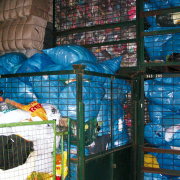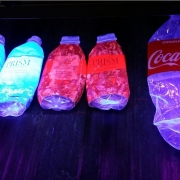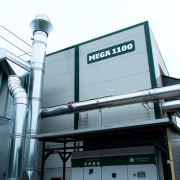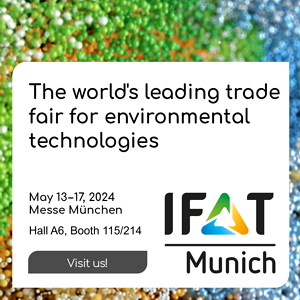Paper for Recycling: Less Demand in China
Experts believe Chinese imports of recovered fiber could drop to between 15 and 17 million tons in 2018 after having reached almost 29 million tons as recently as 2015, delegates were informed during the BIR’s latest Paper Division meeting, held in Barcelona.
One reason for this is the increased amount of used paper in the country. According to BIR World President Ranjit Singh Baxi (J&H Sales International, UK), the collection of paper for recycling in the People’s Republic of China is on the rise. As a result, the country will import less recovered fibers. But the main reason is the enforcement of the Chinese government controls allowing only recyclable fibers with maximum contamination of 0.5 percent. As reported, Chinese imports fell from 5.4 million tons in the opening quarter of 2017 to 3.5 million tons in this year’s corresponding period, with European suppliers providing only 719,000 tons and their US counterparts 2.59 million tons. Import licenses issued up until the end of April this year were for a total of about 10.9 million tons, the expert stated. And 50 to 60 percent of those licenses have already been used.
A positive note was sounded by BIR Paper Division President Jean-Luc Petithuguenin (Paprec Recyclage, France), who said that operations using the correct equipment had the capability to achieve the quality standard laid down by the Chinese authorities. Paprec “sells more to China now than in the past”, he declared. The country would push the industry “in the right direction”.
More regulations
Ranjit Baxi also complained about a trend towards the “unilateral imposition of regulations”. At times with little or no warning, countries were introducing regulations that massively impacted the recycling industry. By way of example, he highlighted the decision by the Indonesian government to implement 100 percent inspections of “non-toxic and non-hazardous waste” imports, including recovered paper, with effect from April the first this year. Robin Wiener, President of the US Institute of Scrap Recycling Industries, expressed concerns about the spread of China’s policies and messaging to other Asian countries, including Indonesia and Vietnam. Often, she added, new regulations led to more questions and uncertainties for the recycling industry; for instance, the industry would still seeking clarification about the precise meaning of “carried waste” in China’s new rules governing contamination thresholds for recovered paper imports. In terms of on-the-ground implementation, she assumed that if inspectors have any doubt, it falls on rejection rather than approval.
Photo: BIR
GR 2/2018










